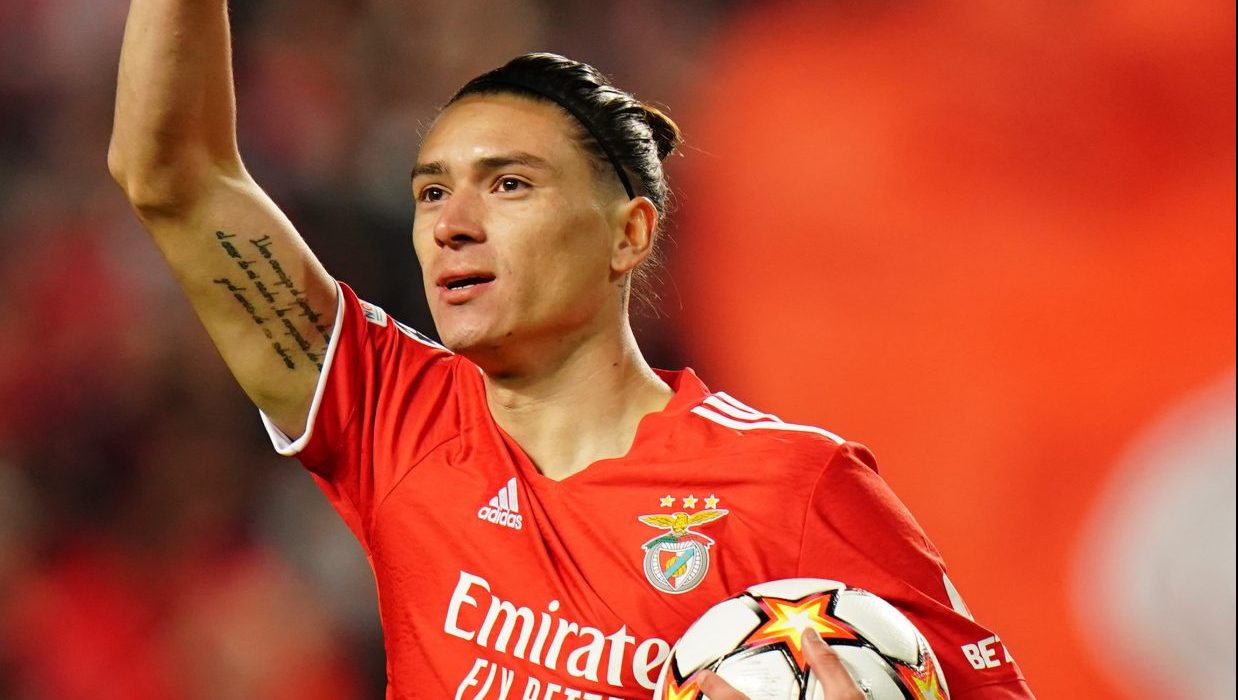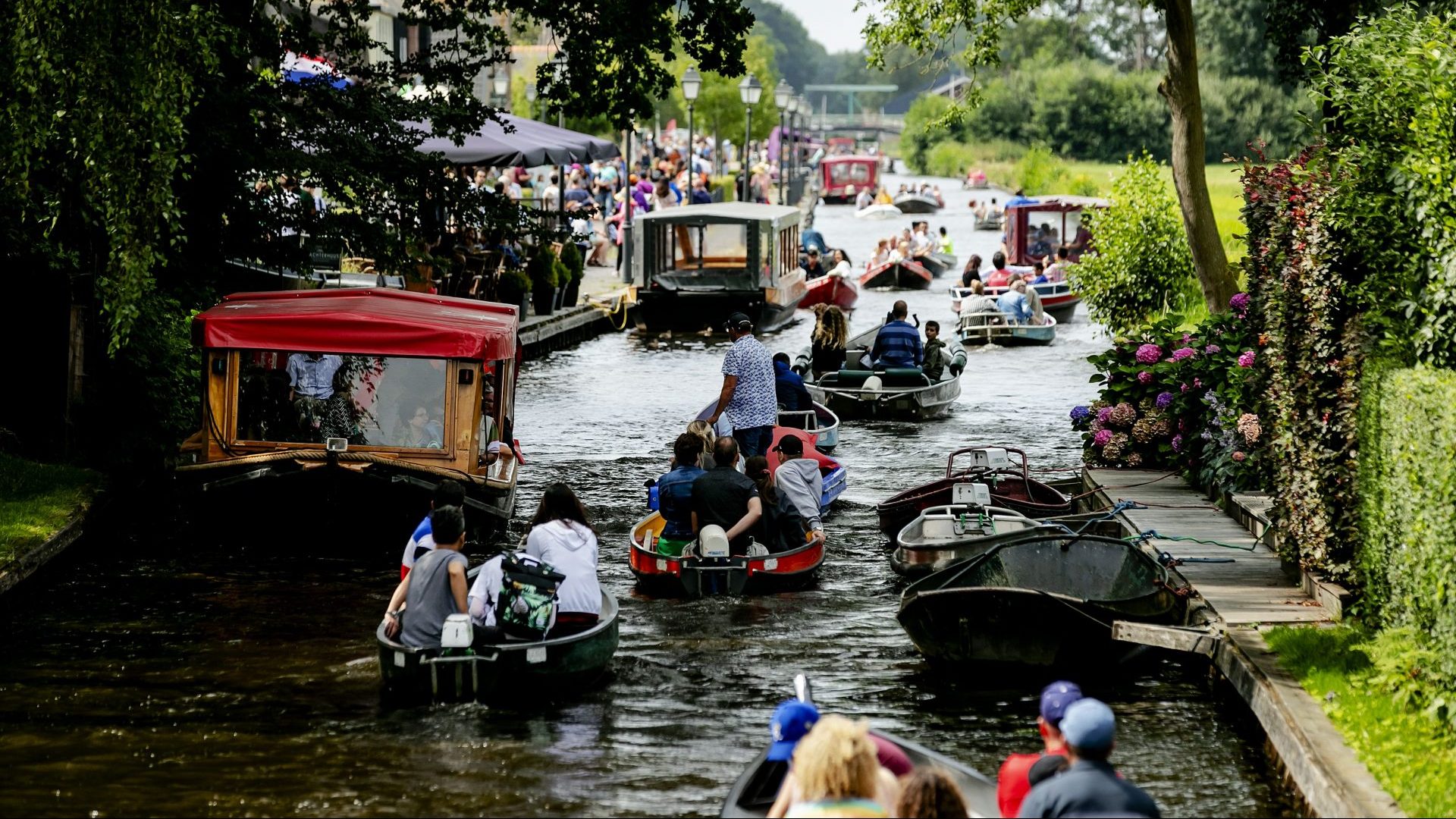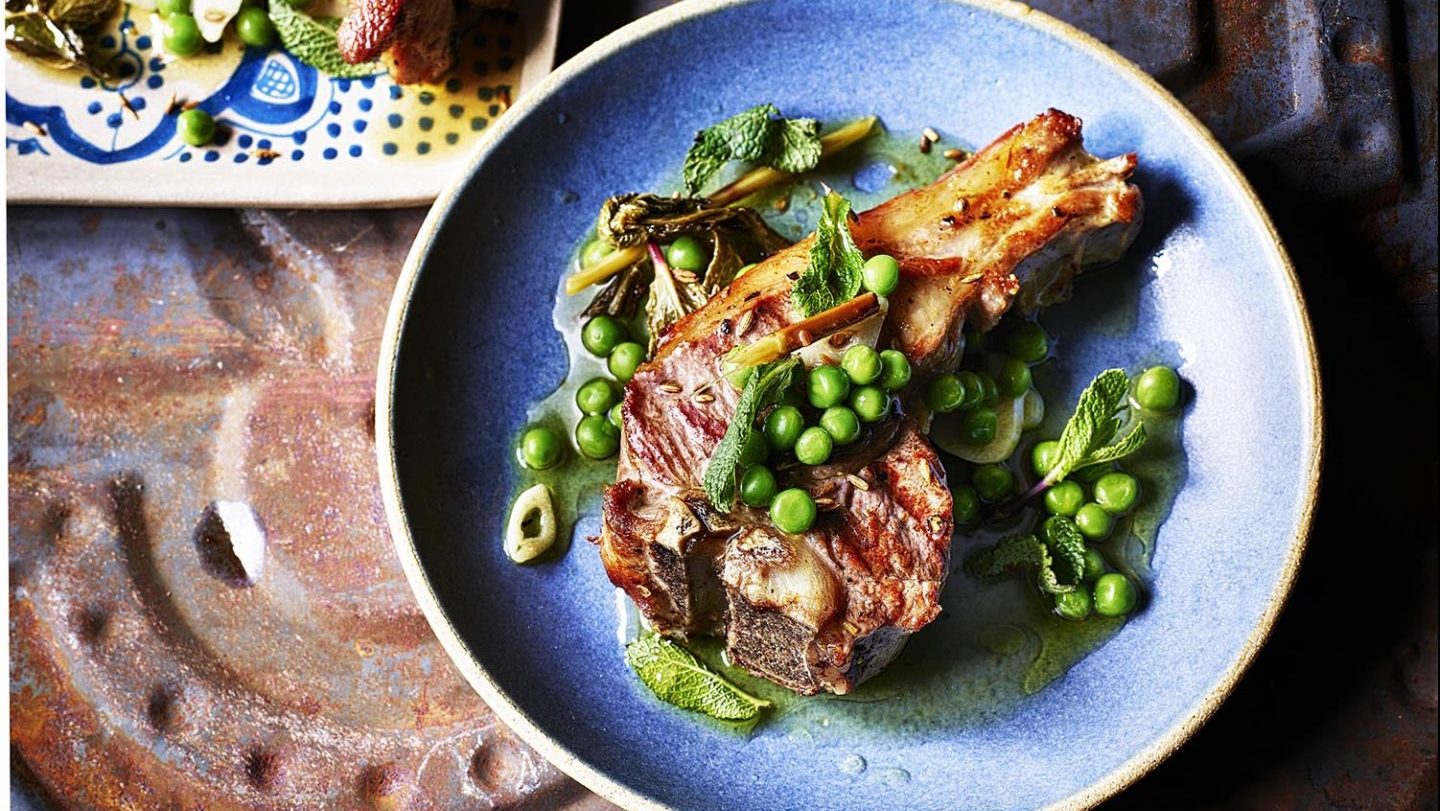More than five centuries after Vasco da Gama opened up the sea routes to Asia via the Horn of Africa, and Pedro Álvares Cabral discovered Brazil, Portugal are the great exporters in football.
This week’s big million transfer, from Lisbon to Liverpool (still subject to a medical as I write) involves Darwin Núñez. And OK, the forward is not exactly the same as Portuguese internationals like Cristiano Ronaldo, Luís Figo, Bernardo Silva, Rúben Dias, João Cancelo and João Félix because although he has spent the last two seasons in the Primeira Liga, Núñez
was born into poverty in Artigas, on the Uruguayan side of its Brazilian border.
But his form this past season for Benfica makes him a graduate of one of Lisbon’s two great finishing schools. The other, Sporting Clube de Portugal,
nurtured Ronaldo and Figo. The two Lisbon schools of football learning are seven minutes apart in a capital city whose population is similar to Liverpool’s at around half a million.
What makes Lisbon such a prolific learning ground for so many talents? Time on the ball in the league. Time with the ball on the training pitch. Time, attention and care through a player’s formative years. And, as with da Gama and Cabral, guidance through the long journey from childhood to taking on the world.
Maybe the parents of Núñez had an inkling about his ultimate destination. His father, a construction worker, and his mother, who supplemented the
meagre family income by rummaging for plastic bottles, christened their boy after the English evolutionist, Darwin.
It could be quite a contest to see who settles and scores best: £51m Erling Haaland, the Leeds-born Norwegian at Man City, or £64m (rising to £85m with add-ons) Núñez, the replacement for Sadio Mané whose six seasons at Anfield epitomised the energy, dynamism and relentlessness that Jürgen Klopp demands.
Mané gave it all in 269 Liverpool games, cutting in from the left to score 120 goals and create 48 for others. The best Senegalese player in England, or anywhere else, his partnership with Mo Salah was breathtaking. At times their movement and mutual understanding was telepathic; at other times we suspected that Mané and Salah had bouts of slight resentment at the acclaim the other received.
Maybe only they, and Klopp, know how much it takes for two players from very different African backgrounds to be team players over so many years. Rather than speculate from outside the training environment we should simply be thankful to have witnessed so many performances, such effort, rewards and so many miles run.
Never afraid to pay Liverpool’s money (and backed to the hilt by the Bostonian high finance company Fenway Sports Group, which owns Liverpool FC) Klopp has been called the new Shankly for his ability to make a side gel, to communicate with the crowd, to put an arm around players and get them to give 100% of themselves. And then strive for more.
It wasn’t Bill Shankly but his assistant, then successor, Bob Paisley who anticipated, and articulated, the progression of taking a team to the pinnacle of Europe and then, summer by summer, moving players on and replacing them, with scarcely credible heightened performance.
Klopp is an echo of Paisley, albeit in an obviously different accent. I once had the privilege of sitting for hours with Paisley, then-Liverpool chairman
John Smith and Peter Robinson, then the club secretary. It was the summer of 1977, just days after Liverpool had broken their glass ceiling by winning the European Cup – a 3-1 victory over the wonderful Borussia Mönchengladbach in Rome’s Stadio Olimpico.
The three men were back at their desks the next morning, that season and every season following a European triumph. Their credo was yesterday is gone, you have to be better tomorrow. The way to do that was to spend to improve, to refresh the team with two new players. The Americans appreciate that to protect an investment, you reinvest.
Liverpool in the 1970s had a similar situation to today. Kevin Keegan, very much the effervescent heart of the Liverpool attack, had decided (like Mané now) that he wanted to play in Germany. A fresh challenge, a higher wage for him in Hamburg, much the same as the inducement tempting Mané to move to Bayern Munich now.
Paisley and Smith took the night mail train to Glasgow and came home with Kenny Dalglish. Last weekend, Liverpool’s new head of recruitment, Julian Ward, flew to Lisbon to finalise terms for Núñez.
It is not like-for-like. There may never be another King Kenny. But in the tall, lithe, sharp Núñez, Liverpool have bought hunger and height in the shape of something they have lacked in the 11 years after Fernando Torres – a natural six-foot centre forward.
Mané, Salah, Luis Dîaz, Roberto Firmino and Diogo Jota are not failures by any measure. Yet none scored in the Champions League final, or in the 240 total minutes of the domestic cup finals Liverpool won on penalties. It’s fair to point out that Mané and Salah expended a lot of energy playing for their countries in the long, hot, draining African Nations tournament this January. Yet, tired or not, one imagines a real predator would have converted at least one of the 24 shots Liverpool fired without success last month against Real Madrid.
Núñez is arguably South America’s most gifted young striker. Klopp is banking on it, and has said: “The person you sign is every bit as important as the player you sign.” That is pure Paisley – and the thought of Núñez as the new Dalglish will keep Liverpool fans buzzing until it is time for us to find out just what kind of person and what kind of signing he is.




